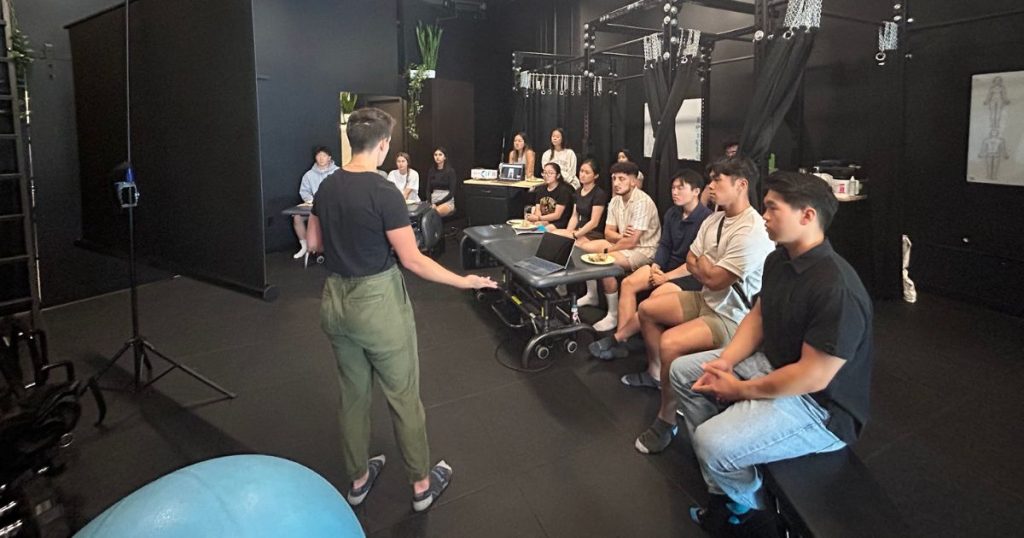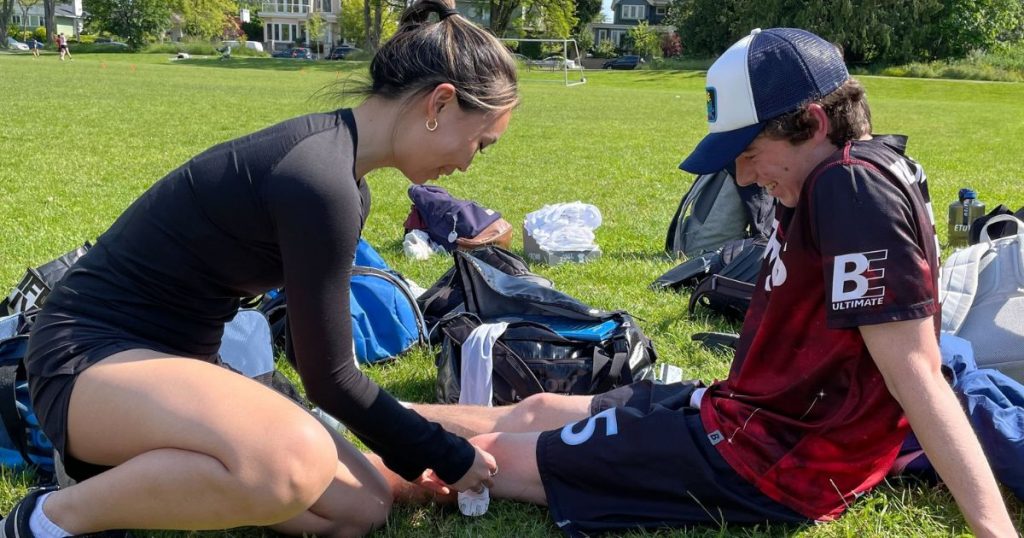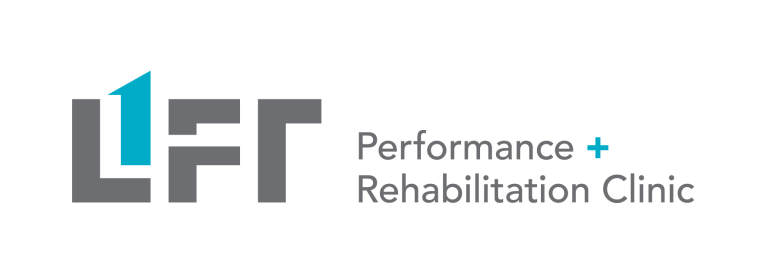Are you an aspiring physiotherapist in Vancouver? Learn how to become a successful physiotherapy school applicant from Lift Clinic physiotherapists and UBC MPT Students!
Embarking on a career in physiotherapy is a rewarding journey that involves helping individuals regain their mobility, improve their quality of life, and recover from injuries. If you’re passionate about making a positive impact on people’s health and well-being, pursuing a degree in physiotherapy could be the perfect choice for you!
There are numerous steps to apply to physiotherapy school and become a physiotherapist. For the purpose of this blog, we won’t be going over those steps in detail. However, you can find all the relevant steps and information on the website of your school of choice. Here is a link to UBC’s MPT program requirements.
We recently held a “How to get into physiotherapy school” workshop at our clinic where we invited 2 physio students to share their experiences in the application process. In this blog, we’ve summarized some of those insider tips from to help you create a competitive application that showcases your passion, dedication, and potential as a future physiotherapy student. Read on to learn more!

Tip #1: Get a breadth of experience working and volunteering in various fields before physio school
To get into physio school, it’s important to recognize that your journey is about more than just academic excellence. Your supplemental application is your canvas to showcase your true colors – your passions, versatility, and commitment to the field of physiotherapy. One of the most effective ways to achieve this is by obtaining a diverse range of experiences through work or volunteer opportunities during your undergraduate years.
Physio schools provide you with the chance to highlight your professional and personal growth through supplemental application forms. This platform allows you to curate a compelling narrative that goes beyond mere achievements and grades. Instead, it invites you to display your dedication to holistic patient care, teamwork, and adaptability – qualities integral to successful physiotherapists.
We talked to current UBC physio students to find out what types of experiences they accumulated. Here is a list of experiences shared between the 2 physio students that spoke at our workshop:
- Sports coaching
- Research assistant positions
- Physiotherapy and Recreation Volunteers
- Student trainer with Ultimate and Rugby teams
- Receptionist and manager at physiotherapy clinics
- Work as a Kinesiologist
- Baby sitting
- Shadowing at Physio Clinics
- Volunteering in hospitals and with Vancouver Costal Health

Tip #2 - Secure strong reference letters for your physio school application
In addition to your supplemental application, a compelling reference letter is another big contributor to creating a strong application. Reference letters breathe life into your application, offering a personalized perspective that grades and achievements alone can’t convey.
Physio schools typically require that reference letters come from a work/volunteer supervisor and/or a previous professor (again, check the physio school websites for specific requirements). Often times it can be intimidating to ask professors for reference letters. If you’re in this scenario, here are some practical ways that you can build connections with professors that can write you a strong reference letter:
Staying after class to talk to professors and ask question is a great way to build connections. If your professor has office hours available, going to this can also be a great way to get to know them. Showing genuine curiosity in your courses and asking good questions can really help you stand out from the crowd.
Opt for classes that interest you and align with your goals. In these classes, you’ll have the opportunity to showcase your commitment to the subject matter and your willingness to go above and beyond. Smaller classes and seminars also offer a greater chance for you to personally interact with professors so that they can gauge your dedication and commitment.
A coffee chat provides a unique opportunity to move beyond the classroom setting and engage in meaningful conversations about your academic journey, career aspirations, and the reference letter itself. During these meetings, you can express your motivations, align expectations for the reference letter, and detail experiences that resonate with your goals, enabling your professor to craft a more tailored recommendation. Beyond logistics, coffee chats demonstrate your professionalism, gratitude, and maturity, emphasizing your commitment to the process.
Doing well in a professor’s class is demonstrates your commitment, competence, and work ethic. Excelling academically showcases your dedication to the subject matter and allows the professor to evaluate your potential more comprehensively. It also creates a positive impression, making you a memorable and credible candidate for a reference.
Emailing professors for research or volunteering opportunities demonstrates initiative, enthusiasm, and a proactive approach to your academic development. You’ll also be able to build connections and showcase your skills, work ethic, and dedication, which are pivotal when they later write a reference letter on your behalf.
Tip #3 - Prep for the Physiotherapy School Multiple Mini Interviews (MMI)
If you were successful with your grades, supplementary application form, and reference letters, the next step to typically an interview with the physiotherapy admission committee. For some schools such as UBC, this takes the form of Multiple Mini Interviews, or MMI for short. The MMI includes questions relating to inclusivity, discrimination, and cultural humility. They’re a chance for the admissions committee to understand your verbal communication skills, maturity, and if you fit into the program. Here are some tips from MPT students who successfully completed the MMI:
Tips when preparing for the MMI:
- Practice with your peers
- Find sample questions online and in the library
- Learn about the school that’s interviewing you
- Review the social determinants of health, ethical decision-making, current events, and the physiotherapy scope of practice
Tips for performing the interview:
- Practice good eye contact and talking speed
- Listen and show empathy
- When in doubt, gather more information
- Answer truthfully and draw on your own experiences!
Recently, the Prime Minister of Canada raised the issue of deterrent fees (a small
charge, say $10, which everyone who initiates a visit to a health professional
would have to pay at the first contact) as a way to control health care costs. The
assumption is that this will deter people from visiting their doctor for unnecessary
Consider the broad implications of this policy for health and health care costs. For example, do you think the approach will save health care costs? At what expense? Discuss this issue with the interviewer reasons.
Tip #4 - You'll get there!
When talking with the two MPT students and the physios at Lift Clinic who delivered our workshop, not everyone had a straight path from A to B when getting into physio school. There are sure to be bumps in the road and many opportunities for you to change your mind about your career path! Here are some words of encouragement form Lift Clinic physios and current MPT students:


